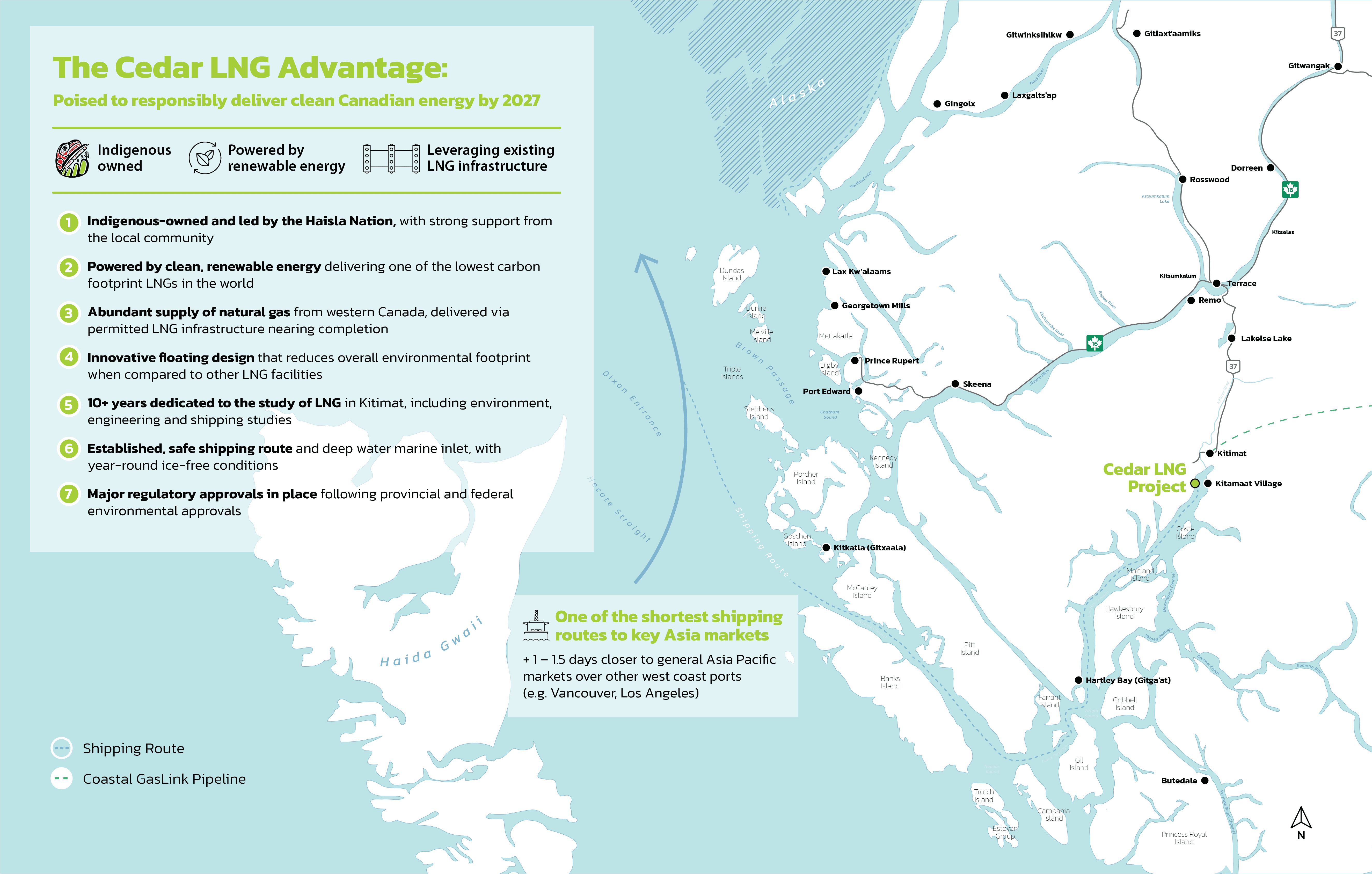US Senator Alex Padilla and US Representative Barbara Lee toured hydrogen projects at the Port of Oakland alongside leadership from the Port of Oakland and the Alliance for Renewable Clean Hydrogen Energy Systems (ARCHES), California’s hydrogen hub. The visit comes after the lawmakers secured up to US$1.2 billion for the hub to facilitate the production and use of renewable, clean hydrogen across California. This investment was made possible by the Bipartisan Infrastructure Law, which provides up to US$7 billion for seven regional hydrogen hubs throughout the nation.
During the tour, the lawmakers learned more about how projects like the ones at the Port of Oakland will produce and use hydrogen, improve air quality, and support California’s workforce with green jobs through this funding. Padilla also toured the Lawrence Berkeley National Laboratory, which is a key partner in ARCHES and an important part of the nation’s national lab network.
“Renewable hydrogen power will be a critical part of meeting California’s clean energy goals,” said Senator Padilla. “The US$1.2 billion secured to fund the ARCHES hydrogen hub will help us reach our ambitious climate goals while creating green jobs and investing in California communities. By bringing together leaders from across government, industry, labor unions, and national labs in California, we can jumpstart the market for clean hydrogen and reduce emissions, particularly in heavy industries.”
“ARCHES is dedicated to our partnership with California’s ports, including the Port of Oakland, which will play a pivotal role in cleaning up our air, meeting our climate goals, and accelerating California’s march to carbon neutrality,” said Angelina Galiteva, ARCHES chief executive officer.
“The Port of Oakland is committed to meeting the vision of a zero-emissions seaport by working with our marine terminal operators to convert diesel-fueled equipment to zero emissions, including hydrogen fuel cell technology as part of the ARCHES program,” said Danny Wan, the executive director of the Port of Oakland.
ARCHES aims to establish a renewable, clean hydrogen market and ecosystem in California by 2030, creating a projected 220,000 jobs in the state and reducing harmful downstream emissions that disproportionately impact underserved communities and accelerate the climate crisis. California recently published a roadmap to carbon neutrality by 2045, including a projected 1700-fold increase in the use of hydrogen across multiple industrial sectors. ARCHES will help meet this ambitious goal by bringing together more than 400 organizations across California representing state, county, and city governments, industry, community groups, universities, labor unions, non-governmental organizations, and national labs to accelerate clean hydrogen’s market viability and decarbonize California’s economy.
Specifically, the ARCHES hydrogen hub will:
- Prioritize improving clean hydrogen viability in some of the most challenging industries to decarbonize — including ports, power, and heavy-duty transportation,
- Work to implement hydrogen fuel usage in the aviation, maritime, and agriculture industries, among others,
- Aim to make the cost of clean hydrogen in California cheaper than diesel and other traditional fuels by 2030,
- Create a national model for workforce development.
Last year, Padilla and the late Senator Dianne Feinstein sent a letter to Department of Energy (DOE) Secretary Jennifer Granholm urging the DOE to support the ARCHES clean hydrogen hub proposal as part of its Regional Clean Hydrogen Hubs program. During a Senate Environment and Public Works Committee hearing, Padilla highlighted the effectiveness of California’s Low-Carbon Fuel Standard (LCFS) program in investing in clean hydrogen production for zero-emissions vehicles and called for the implementation of a similar national program to reduce emissions.
















